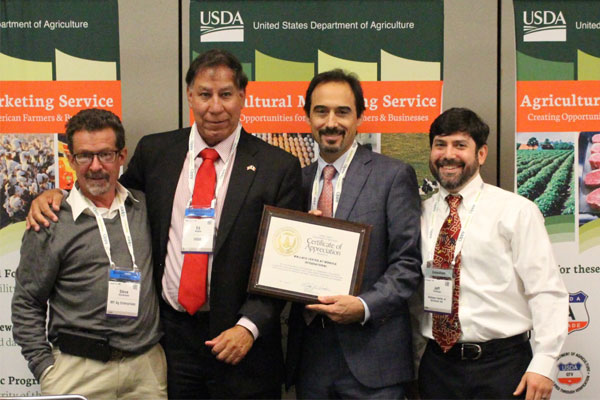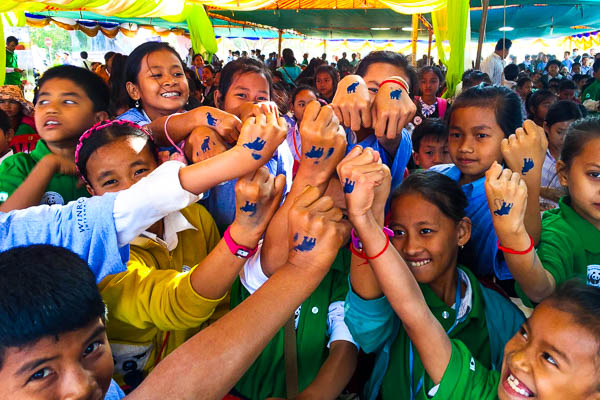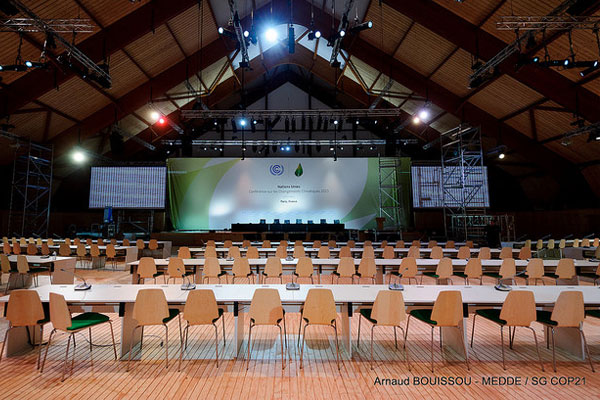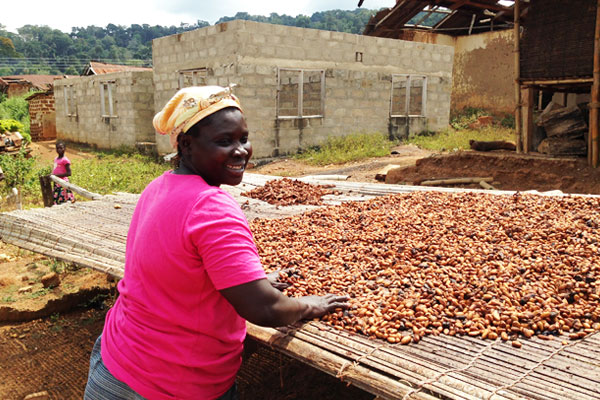November 2015

Opening Big Markets to Small Farmers
November 30, 2015
The Wallace Center at Winrock International was recently recognized for its efforts to make wholesale markets more accessible to producers of all sizes—opening new doors and creating fresh growth opportunities for America’s small and mid-sized farmers. At the Produce Marketing Association Fresh Summit in Atlanta last month, U.S. Department of Agriculture (USDA) Under Secretary Ed […]
A Safe Space for School-Age Girls in Côte d’Ivoire
November 24, 2015
Winrock International promotes access to safe education by improving children’s physical safety and emotional well-being, and fostering an enabling environment in which children can thrive. This means helping communities and schools create safe, supportive spaces for girls and boys alike; empowering families and communities to monitor children’s safety; and improving families’ livelihoods so they are […]
Winrock Plans Active Participation at Paris Climate Negotiations
November 17, 2015
The latest round of U.N. climate change negotiations is quickly approaching. This round represents a significant milestone because it is the deadline for reaching a new international climate agreement. Winrock International is gearing up to actively engage — hosting sessions on the importance of forest degradation, as well as low emission development and land use. […]
Winrock International awarded project to reduce child labor in cocoa-growing communities in Ghana
November 10, 2015
November 10, 2015 — The United States Department of Labor announced today a new project to reduce child labor in cocoa-growing communities in Ghana. Winrock International was awarded the four-year project, “Mobilizing Community Action and Promoting Opportunities for Youth in Ghana’s Cocoa-Growing Communities,” which will empower 40 cocoa-growing communities to design and implement Community Action […]
A Compassionate Champion: Remembering David Lambert
November 3, 2015
When David Patterson Lambert passed away last month, one thing was certain: his final days — like countless days and years that came before — were spent working to end world hunger. David, 75, of Washington, D.C., died in his sleep in the early morning hours of Oct. 16, 2015. Nobody who knew him would […]